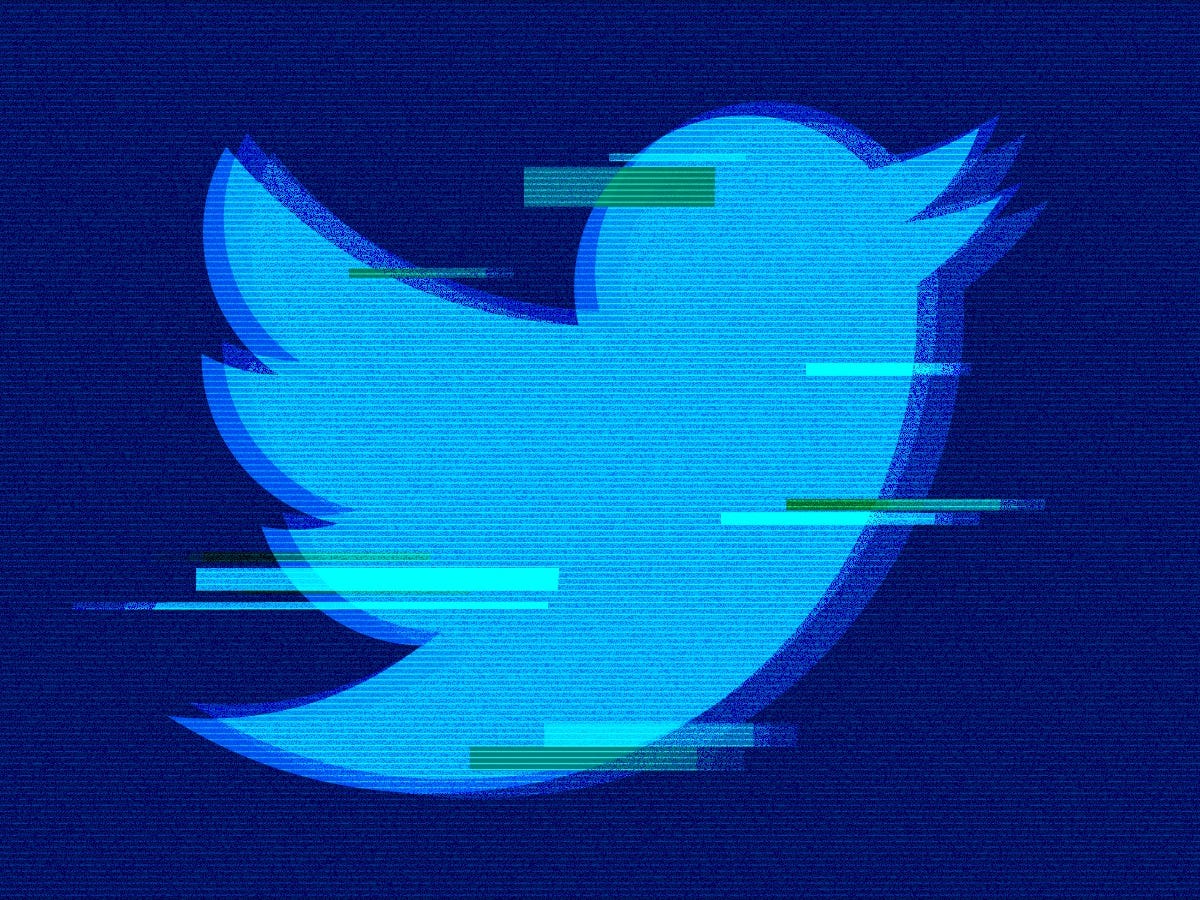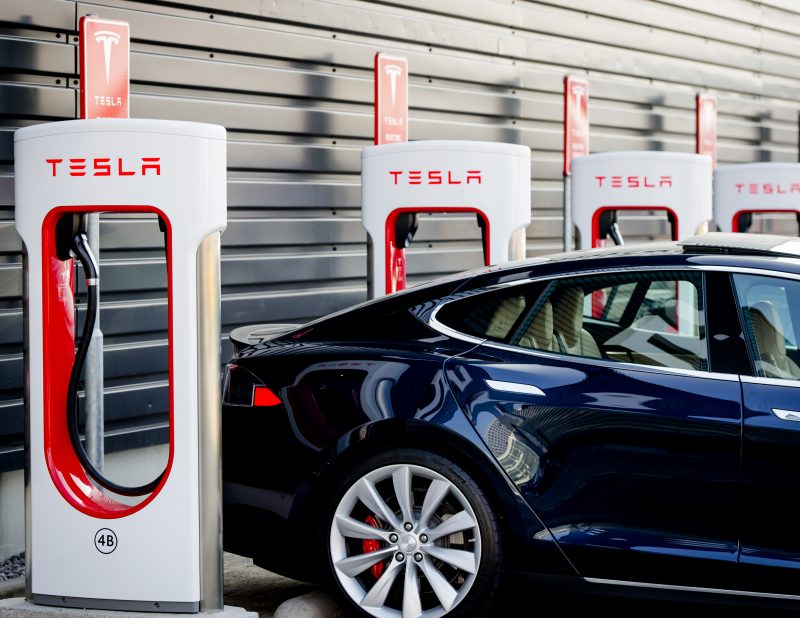- Russia slowed down Twitter Wednesday in response to its refusal to remove objectionable content.
- The move to crack down on US tech companies backfired, with the Kremlin’s site also going down.
- This could have been a side effect of regulators blocking access to Twitter’s link shortener t.co.
On Wednesday, Russian authorities said they’d slowed down Twitter in response to the company’s refusal to remove certain content that authorities deemed objectionable. The move only slowed down the loading of images and videos on the service, though Russia has said it intends to block the service entirely if Twitter doesn’t comply with its demands.
“No one has any desire to block anything, but these measures are justified to force these companies to comply with our laws,” Kremlin spokesman Dmitry Peskov told journalists during a conference call Wednesday.
Russian authorities say that Twitter has refused to remove content related to pornography or other banned topics. However, the slowdown came a day after the country sued Twitter, along with Google, Facebook, TikTok, and encrypted messaging service Telegram after the companies failed to remove posts related to protests over the jailing of Alexei Navalny, a prominent critic of President Vladimir Putin.
Russia has been working for several years to build a “sovereign internet” controlled by the government. The country passed a law in 2019 which, it said at the time, was necessary to combat US cybersecurity efforts. The law creates a nationalized infrastructure for the internet and consolidates control of domain names within the country.
In signing the law, Putin said that creating a completely contained internet was required to prevent the US from being able to completely cut it off.
Except, despite claiming that its motivation is to "protects its citizens," it seems pretty clear that the move is mostly designed to send a message to tech companies that Russia has the ability to slow down or even shut down their services if they don't comply with the country's efforts to control what content users can access.
That's become an increasing concern for the government, as the country's seen an increase in anti-Kremlin content on social media, along with protests over Navalny's treatment.
The thing is, in Russia, there isn't just a switch you can flip to shut down a service outside the country. It's not that Russia hasn't tried - it previously attempted to ban Telegram in 2018, but that effort proved unsuccessful.
Unlike China, which built its own self-contained internet with little to no access to outside services, Russia is trying to retrofit its own version of the "Great Firewall," as China's internet censorship is known. The country has thousands of internet service providers (ISPs), so controlling every point of access is almost impossible. That doesn't mean Russia isn't trying.
To accomplish this, Russia required ISPs to install software and equipment to "track, filter, and reroute internet traffic," Human Rights Watch reported in 2019. That software allows the government to monitor what users do and say online, as well as gives it the ability to restrict certain types of content. Critics have called it an effort toward mass surveillance of everything citizens say or do online.
"Starting today, Roskomnadzor has taken measures of a centralized response, namely, to slow down the speed of the service," Vadim Subbotin, the deputy head of Russia's internet regulatory agency Roskomnadzor, said. "The slowdown will be implemented for 100% of mobile traffic and 50% of fixed traffic." Later, the regulator confirmed that it would only apply to photos and videos and not text messages.
In this more recent case, regulators attempted to block access to Twitter's link shortener, t.co, which it uses to display photos and videos in a tweet.
In a sign of Russia's struggle to maintain control of the information people share online, an unintended side effect is that its attempt to slow down Twitter actually blocked access to any domain including those characters, like Microsof[t.co]m. Not only that, it appears the move also blocked the Kremlin's own website, Kremlin.ru, along with those of other government agencies.
-Doug Madory (@DougMadory) March 10, 2021
There's certainly a bit of irony that an attempt to send a message to social media platforms that Russia is capable of controlling the internet was instead overshadowed by the fact that someone failed to think through the ramifications of throttling all domains with "t.co" in them, instead of just blocking that single domain.
The Russian government has denied that the outage of government sites was a result of its targeting Twitter, but ABC News reported that some Russia experts said they had "little doubt" the two were linked. If not, however, it would be quite a coincidence since it's not entirely clear what might have caused it other than sloppy implementation of the block.
Russia is trying to walk a very delicate balance, sort of slowly turning up the temperature. If it does too much too quickly, it risks causing even more unrest and pushback from a population that's grown accustomed to accessing sites like YouTube and TikTok.
In addition to trying to force sites to remove content it doesn't like, Russia has tried to force American tech companies to maintain all user data on servers within the country. So far, companies have resisted, but Russia is clearly trying to send a very targeted message.
That message isn't just for Twitter, by the way. Google, for example, was fined in 2018 for failing to remove sites Russia had added to a blacklist.
In fact, Twitter has a relatively small presence in Russia, meaning that the overall effect of the slowdown is minimal. The fact that the move is only designed to slow down sharing of photos of videos is a sign that it was less concerned with any particular content and more interested in sending a message: Play by our rules, or we can shut you down.











